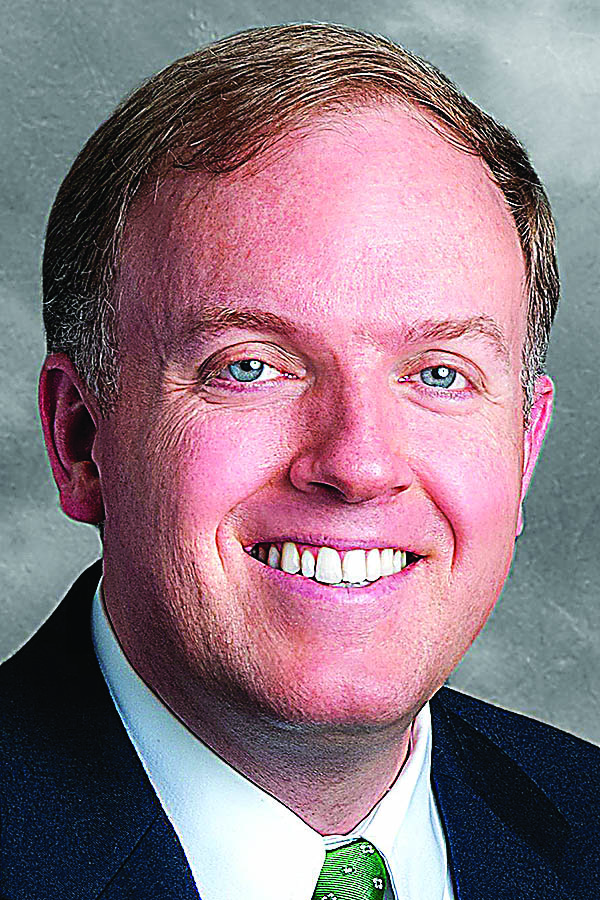Column: In case you missed it the first time
Published 9:35 am Friday, March 10, 2017
MOULTRIE, Ga. –
Many times good news happens, and we just don’t dwell on it enough. At least that’s my take on it. My credentials in this matter … well I’ve been in the news business since lead ingots and hot type — a process barely advanced from the Gutenberg press.
My observation is that life is an adversary system. We come into this world naked and crying. And yes, we have an expiration date. It just varies, depending on many factors. Some of those factors are attached to us as we enter this world. And because life is an adversary system, I think it’s part of our DNA or chromosomal structuring that causes us to be defensive, and as a result we tend to dwell more on the negative … things that will get us.
But sometimes negatives and positives may be a tandem of sorts. And that brings me to a point about something that I think should have gained more attention than it did. Thus I will rehash it, since a friend brought it to my attention.
About four yeas ago, a 15-year-old boy who hadn’t started shaving and not old enough to vote, made a dramatic discovery. He came up with a way to detect pancreatic cancer before it becomes too advanced to treat.
Maybe you remember President Obama presenting him to the public in his address to the nation. The kid’s name is Jack Andraka of Maryland.
In my opinion, young Jack is the epitome of “thinking outside the box.” He’s been compared to Thomas Edison and other great innovators.
When I “think outside the box” it generally involves finally reading the instructions after I have screws and bolts left over.
Here’s part of the beauty of Jack’s discovery. His screening process is much quicker and much less expensive than other tests. Typically that’s not a concept in modern medicine.
In reviewing this kid’s story, this new concept hit him in high school biology class. The process combines an antibody with a dipstick, and then it is dipped in urine and used like a pregnancy test. Apparently he was way ahead of the rest of the class.
Now I just accept the chemistry and biology involved here. I don’t pretend to comprehend it.
Jack was inspired to take on this project after his uncle died of pancreatic cancer. And his inspiration obviously was paired with a “don’t-give-up” attitude.
He sent out 200 requests to professors at various health-related institutions for lab time to work on his idea. Reportedly, 199 rejected or ignored his requests. But Professor Anirban Maitra, at Johns Hopkins University in Baltimore, an expert in the genetics of pancreatic cancer, was intrigued. Jack was granted lab time.
And so Jack became a medical celebrity. He won a $75,000 Grand Jury prize at the Intel International Science and Engineering Fair. And he was invited to speak at the Royal Society of Medicine in London. Since then, much testing has been applied to Jack’s work.
It’s said that we gain wisdom as we grow older. And I think it’s been illustrated that part of that wisdom should be to not automatically brush aside ideas of a child. I’m sure there are 199 humbled professors who would agree. And to those much younger than many of us, don’t let your youth keep you from accepting or pursuing challenges.
(Dwain Walden is editor/publisher of The Moultrie Observer, 985-4545. Email: dwain.walden@gaflnews.com)





